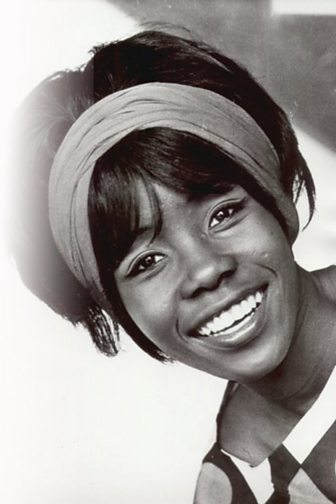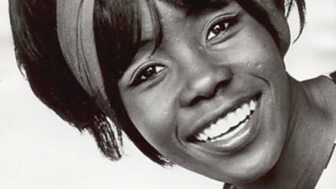My Boy Lollipop
Caribbean culture hits the UK shores!
| Fact title | Fact data |
|---|---|
| Release date: |
1964
|
| Written by: |
Robert Spencer, Morris Levy, Johnny Roberts
|
| First recorded by: |
Barbie Gaye
|
| Also recorded by: |
Millie Small, Jazz Jamaica Allstars, Ernie Ranglin
|
My Boy Lollipop
Just as many of the hits featured in The People’s Songs are far too idiosyncratic - or linked to the artists who recorded them - to be covered, many others have been many, many times. ‘My Boy Lollipop’ is one of the latter. In fact the version which was a huge hit for Millie Small in 1964 was a cover of an original which came out eight years before.
You make my heart go giddyupMy Boy Lollipop
The song’s origins are cloaked in nefarious goings-on and criminal subterfuge. The song’s real author Robert Spencer had written the jaunty ditty for a doo wop group (The Cadillacs) only to have it wrested from him by Morris Levy and Johnny Roberts, both of whom had mob connections. This was the mid-‘50s. It was a time when the music business was filled with ‘payola’ scandals (playlisting records for cash) and worse. Via another shady character, Gaetano ‘Corky’ Vastola the song ended up being re-recorded by 14-year old Coney Islander, Barbie Gaye.
Barbie’s version wasn’t a huge hit but her version did have the ‘shuffle’ rhythm that made it so easy to turn into a proto-reggae hit in the hands of Chris Blackwell and his (almost equally young) charge, Millie Small. Small was Jamaican (having already recorded a few singles for Coxsone Dodds’ Studio One label) but was brought to the UK by Island Records boss Blackwell to record the song (with a slight change in spelling), in Forest Hill, London.
Coming a few years after the Windrush had brought the first wave of West Indian immigrants to these shores, ‘My Boy Lollipop’ signalled the fact that Britain was now fully ready for an injection of other culture into its artistic bloodstream. Not only was it the first major Jamaican ska hit in our charts, it was a massive smash worldwide. Its simple tune and lyrics crossed all cultural boundaries, meaning that it often was translated into other tongues, becoming a hit for others in countries as diverse as Germany and Japan. There’s even a version by Steven Seagal. No, really…
Related Links

-
![]()
From Bad Manners to... erm, Steven Seagal!


